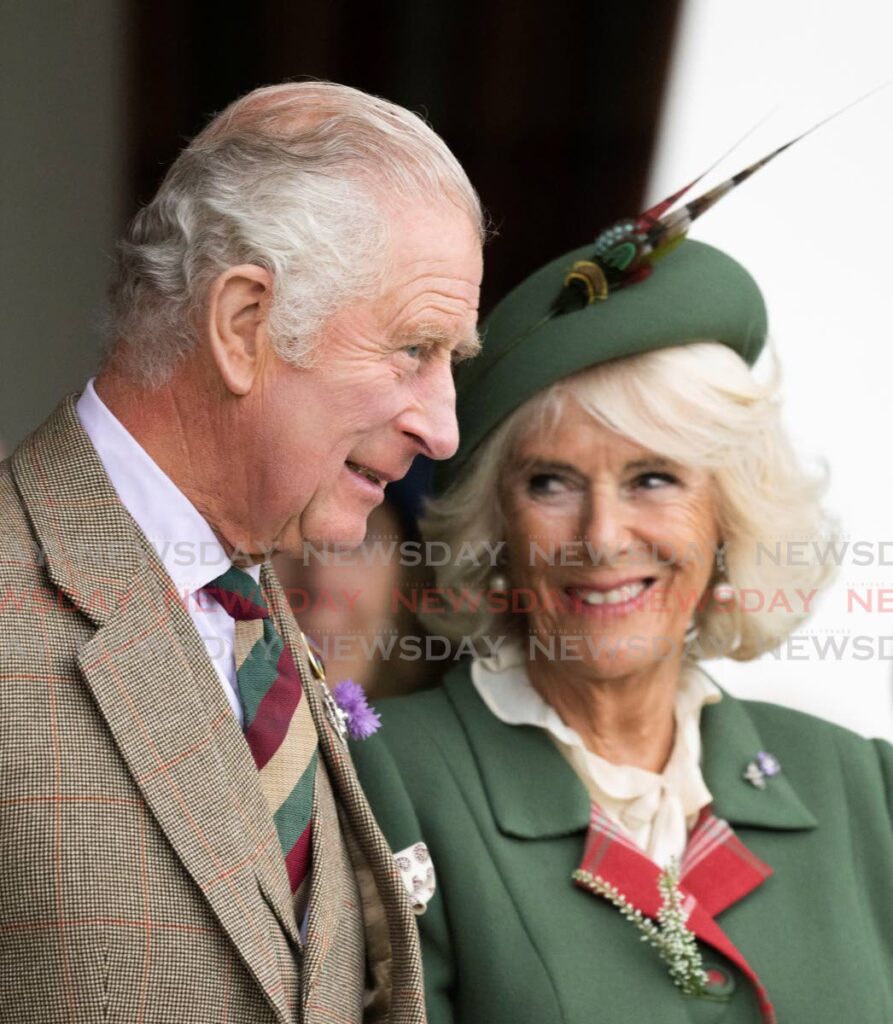Ethnicities: Elegant and enslaved

THE EDITOR: Only a few weeks ago, students of African descent in certain British schools were banned from wearing or sporting any hairstyles that look like or inspire anything of African philosophy.
Here now is news of a Buckingham Palace official’s (Lady Susan Hussey) open racist arrogance against a black woman, questioning her (the black woman) presence at the palace.
According to reports, Ngozi Fulani, a black British national who is an executive of Sistah Space, a charity organisation which was invited to an event at Buckingham Palace, was repeatedly questioned by Hussey not just about her nationality, but apparently her presence at Buckingham Palace, since she, Fulani, in Hussey’s view, was of a particular ethnicity.
Fulani was asked no less than seven times, "Where are you from?" And the questioning continued: "Where are your people from? What part of Africa are you from?"
Fulani tried to explain, saying she’s a British national and that her parents came to England in the 50s, which prompted Hussey to exclaim: "Oh, I knew we’d get there in the end, you’re Caribbean!"
Hussey, a leading mentor at Buckingham Palace, has served six decades as lady-in-waiting to the late Queen Elizabeth II. She was nicknamed "No 1 Head Girl" by the royal staff.
Given her status at the palace and a close friend of the royal family, King Charles (then prince) made her godmother of his eldest son, William.
This sordid episode involving a black woman reveals an obvious bigoted mindset by the royal enclave as far as ethnic sentiments are concern.
Hussey is reported to have apologised (because of media and social pressure on the monarchy, no doubt). But does that change an apparent ingrained prejudiced stance some people of privilege hold for folks of different ethnicities, as demonstrated here?
Her xenophobic outbursts were so focused on Fulani’s exterior that her attitude undoubtedly insinuated Caribbean citizens should be given the same debasing handling they generally give Africans.
And these matters unquestionably bring to mind our legal-decisions dependence on the British.
The crown maintains specific legal powers, referred to as the royal prerogative. The link between the crown and the law is not incidental. The crown is considered the source of all justice in the UK.
According to Professor of Public Law and Socio-Legal Studies at the University of Essex, Maurice Sunkin, KC, three instruments – government, the courts and parliament – operate in the name of the crown.
And if we (Third World countries) are viewed as basically inferior by those attached to the crown (as in Hussey’s assessment) and therefore naturally by their uppermost legal councils, and if the British continue to hold a momentous influence in our overall legal functioning, does justice really prevail in the legal decisions they make for us?
But then we need to ask: are there people in our legal system who are satisfied with our dependence on the British for legal decisions because it works quite well for them?
Given the minuscule size of our country and our seemingly destined eternal dependence on large developed countries for food and general technological advancement, added to our forever infighting political circle, are law-abiding, low-income citizens forever stuck in an injudicious, look-down-on abyss?
Is this the reason we are pigeon-holed as Third World?
LLOYD RAGOO
Chaguanas


Comments
"Ethnicities: Elegant and enslaved"